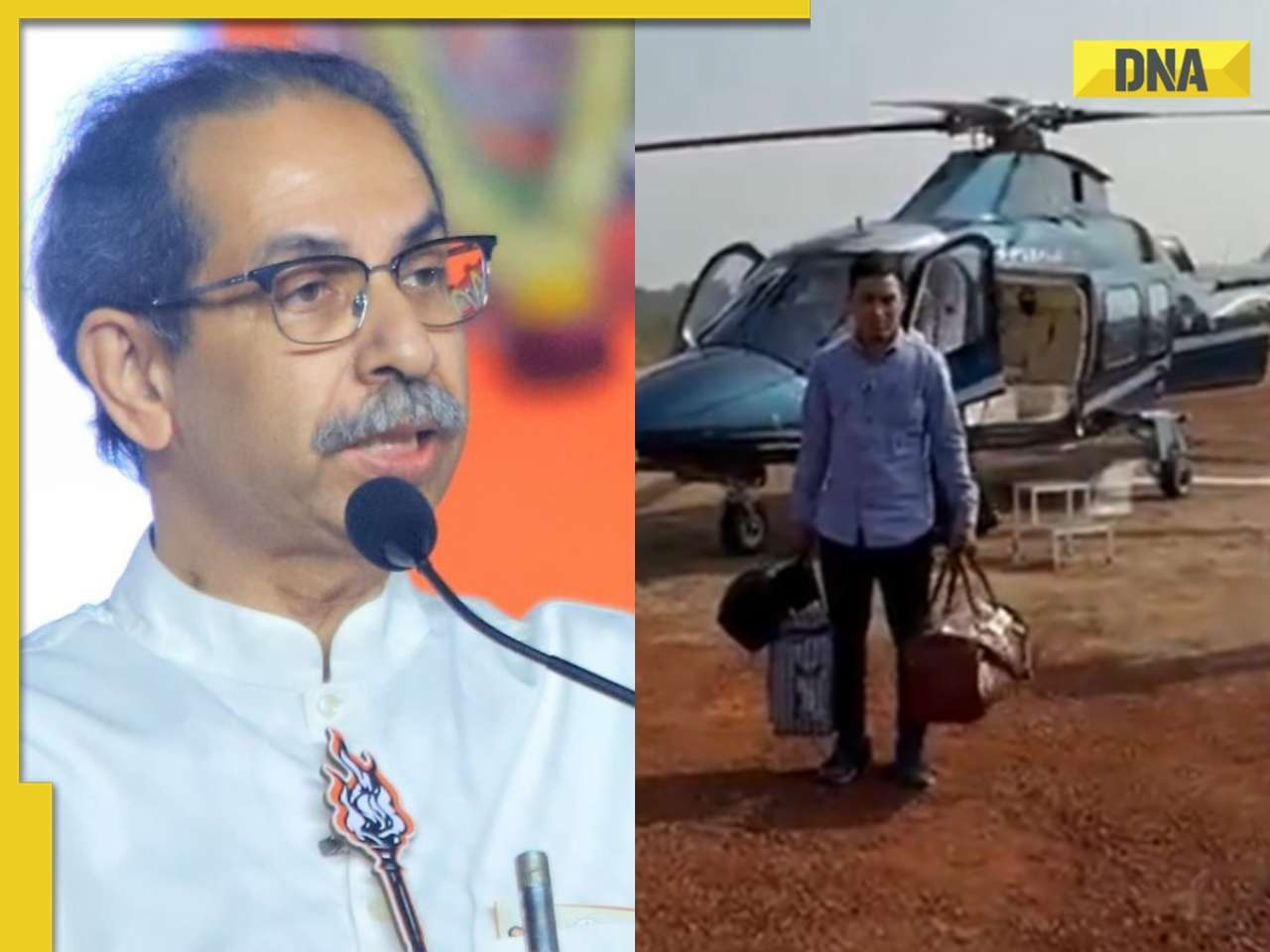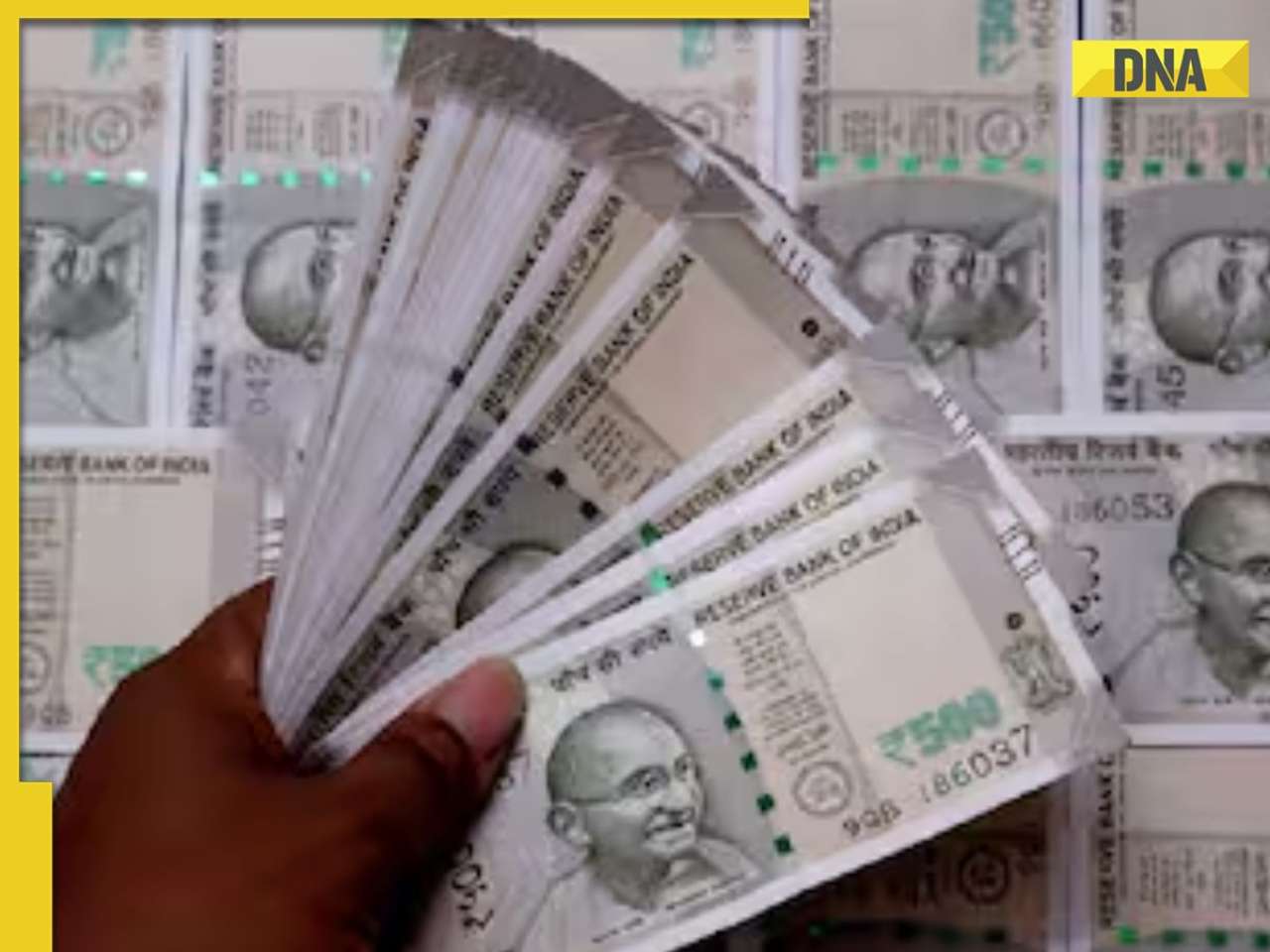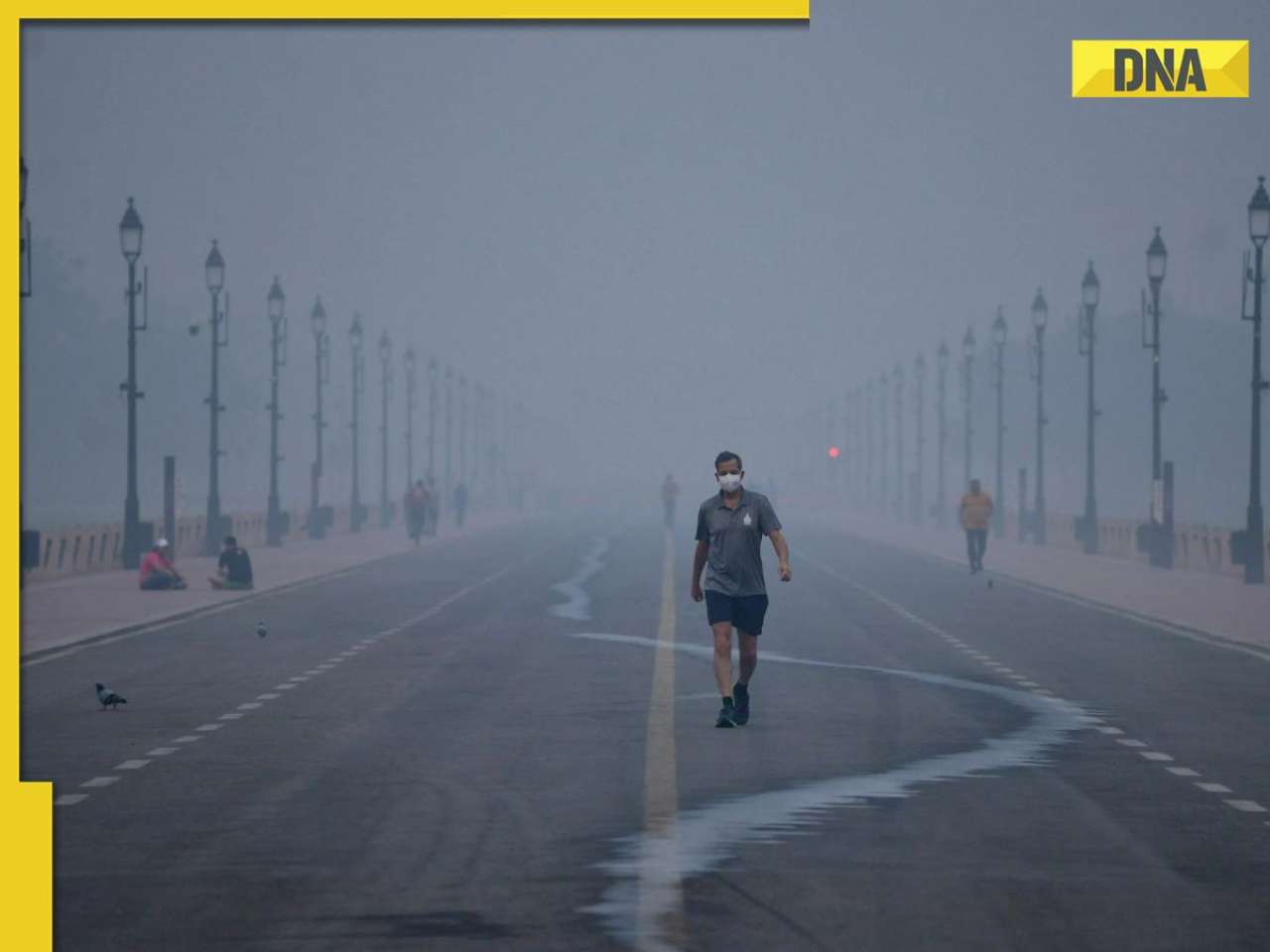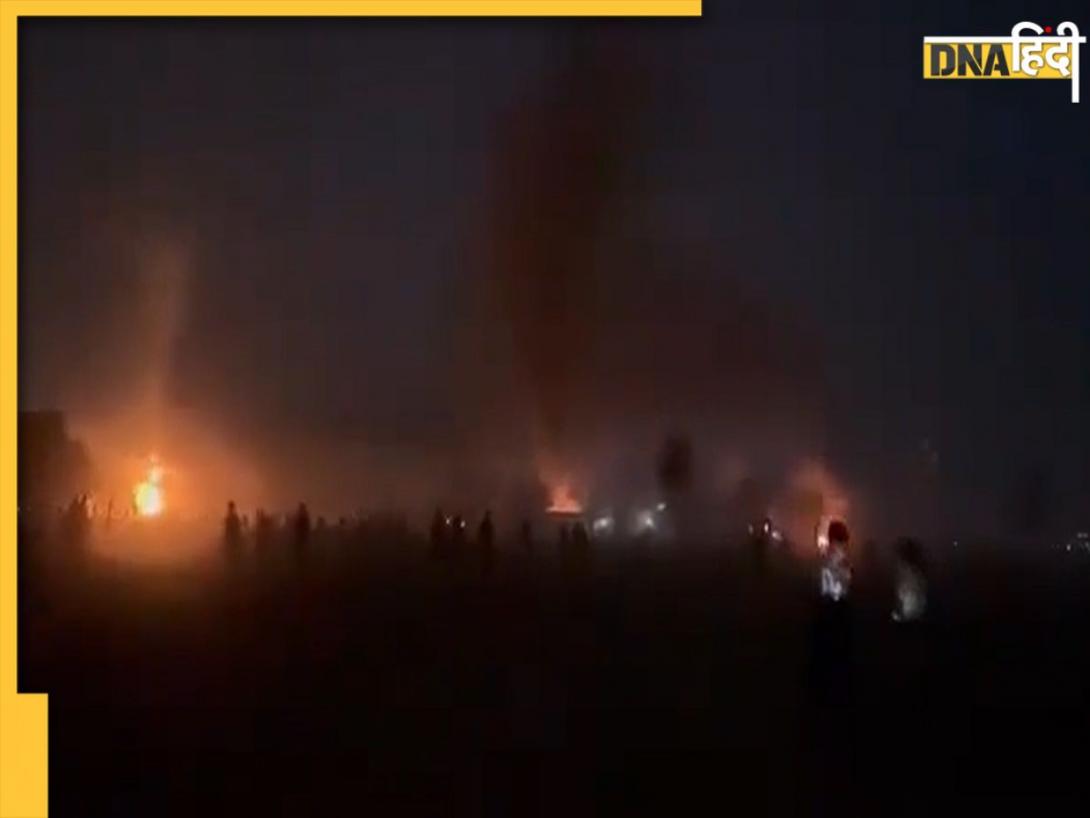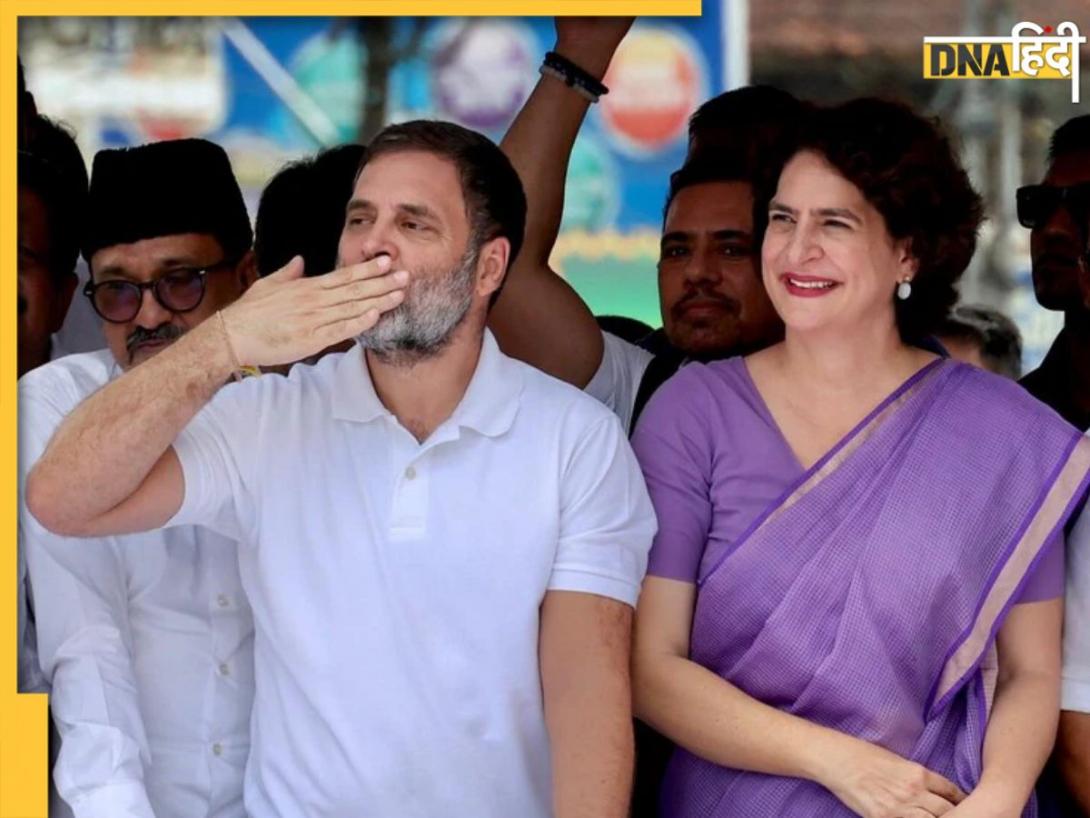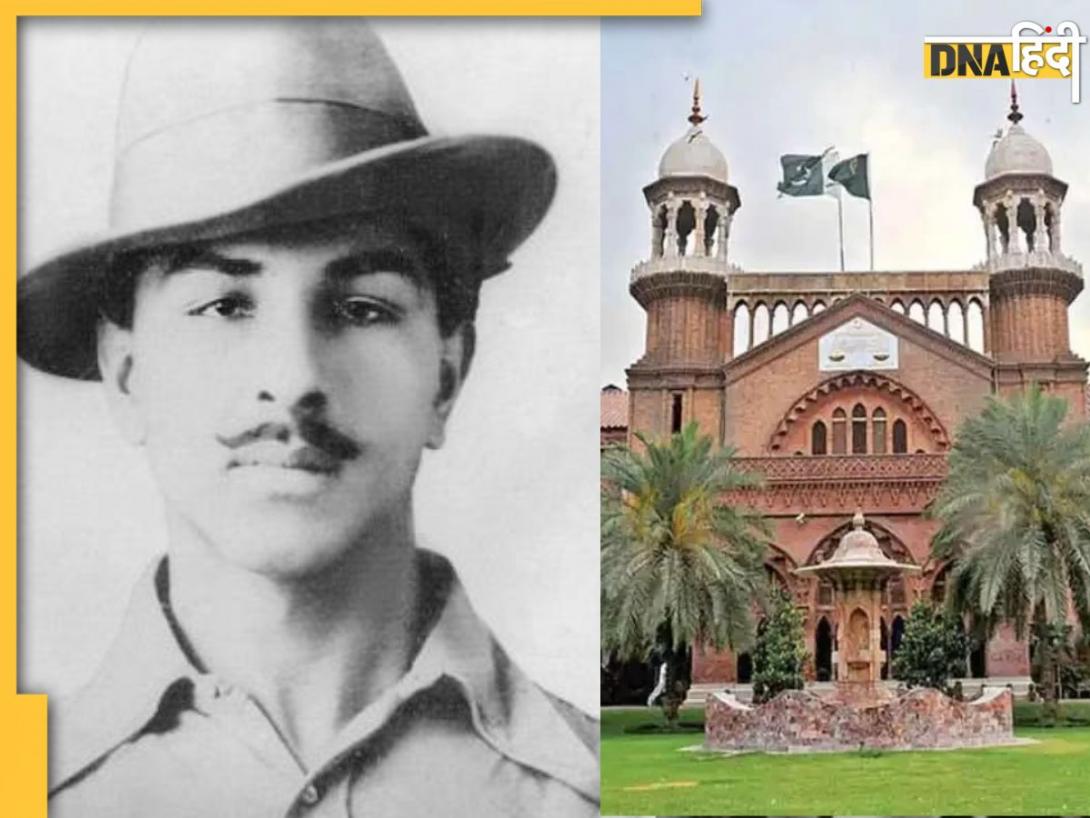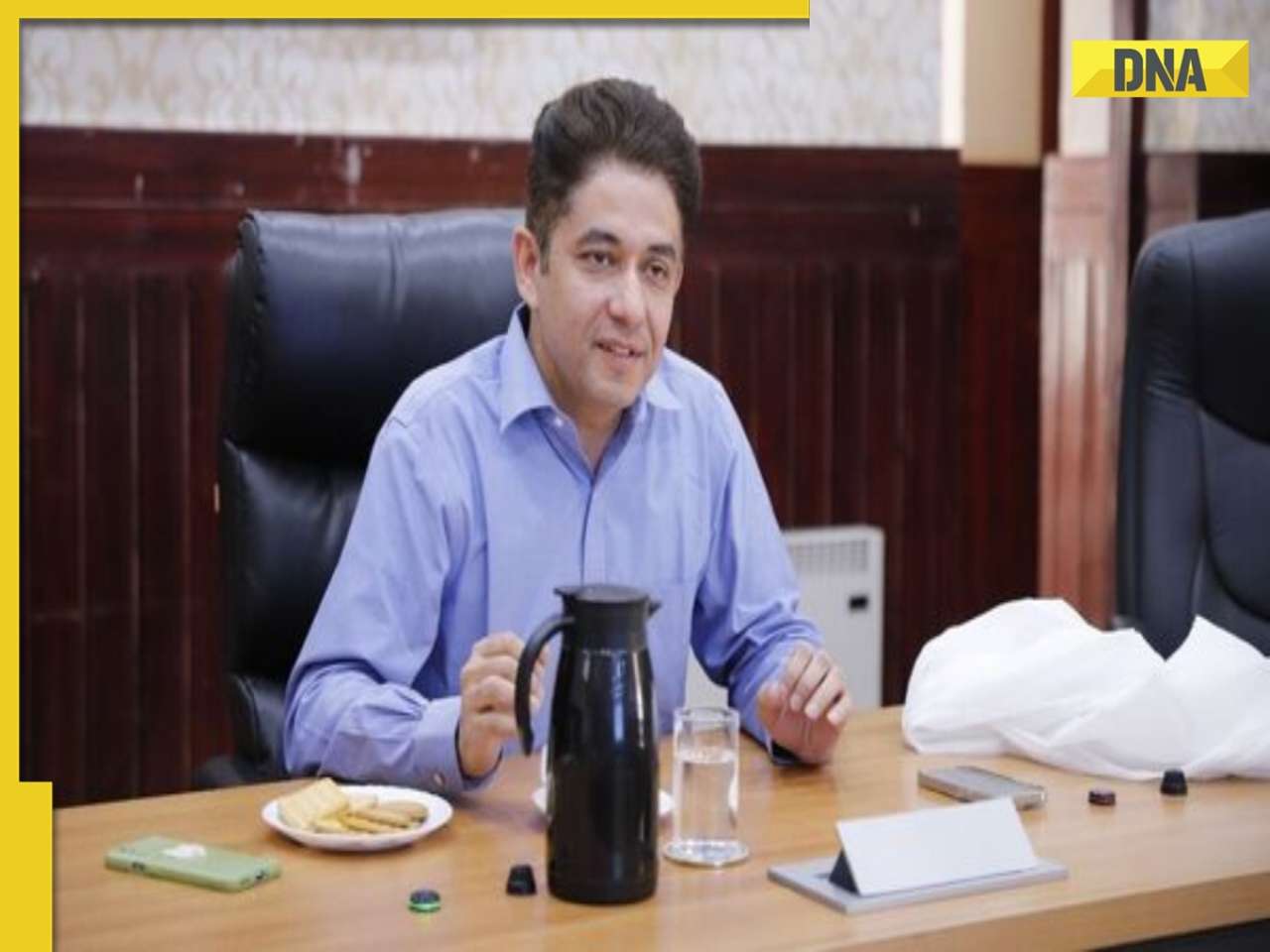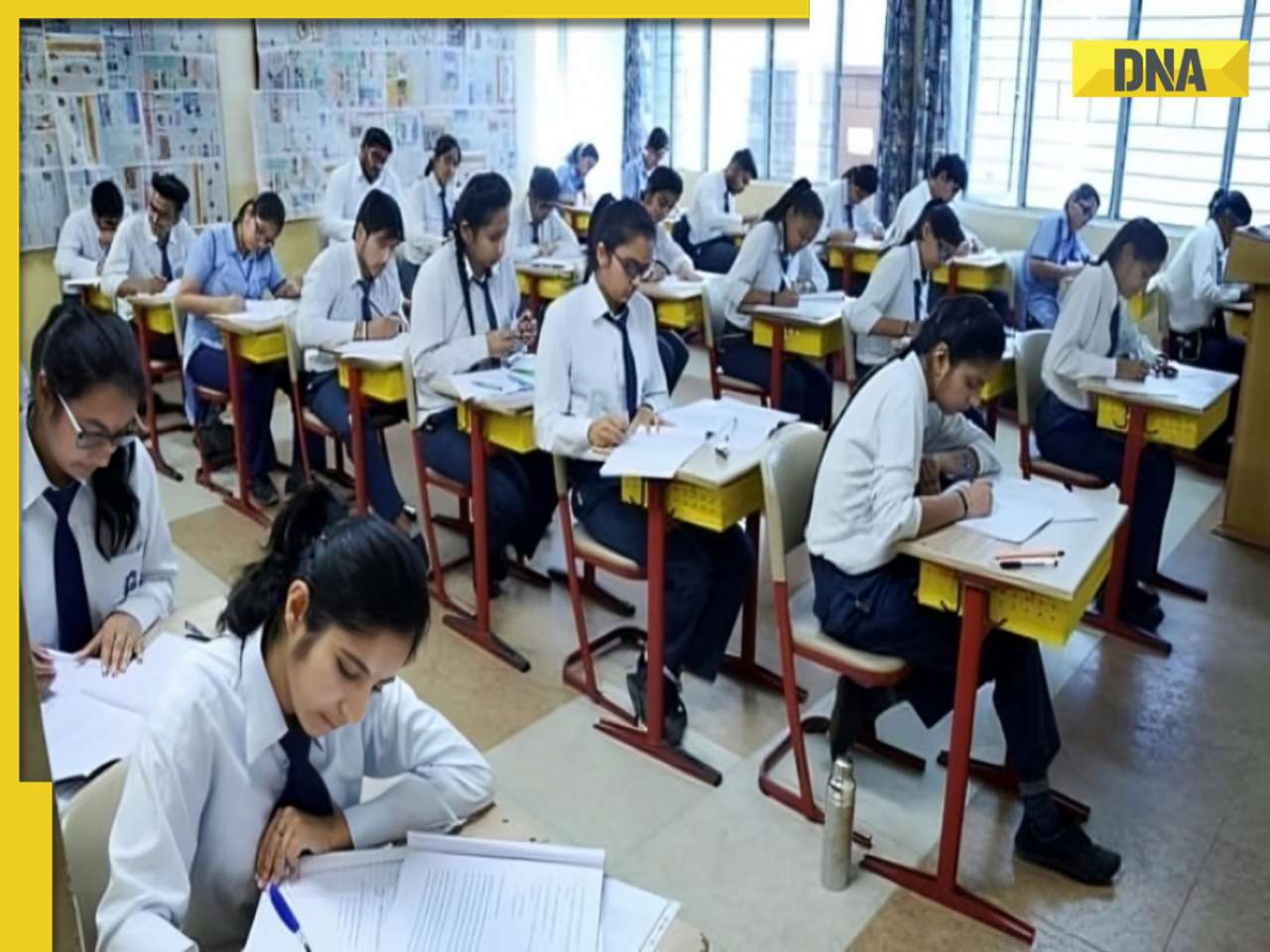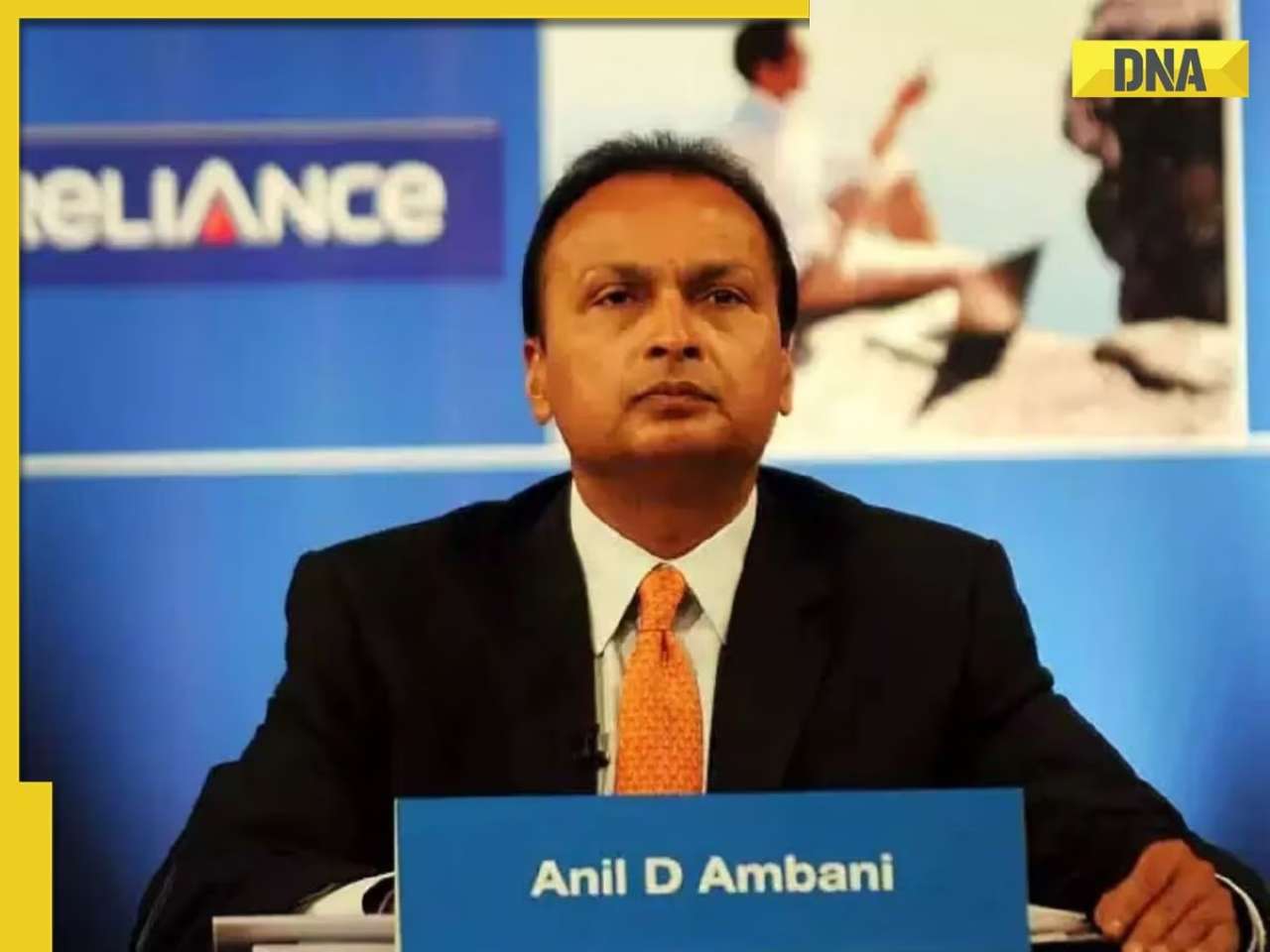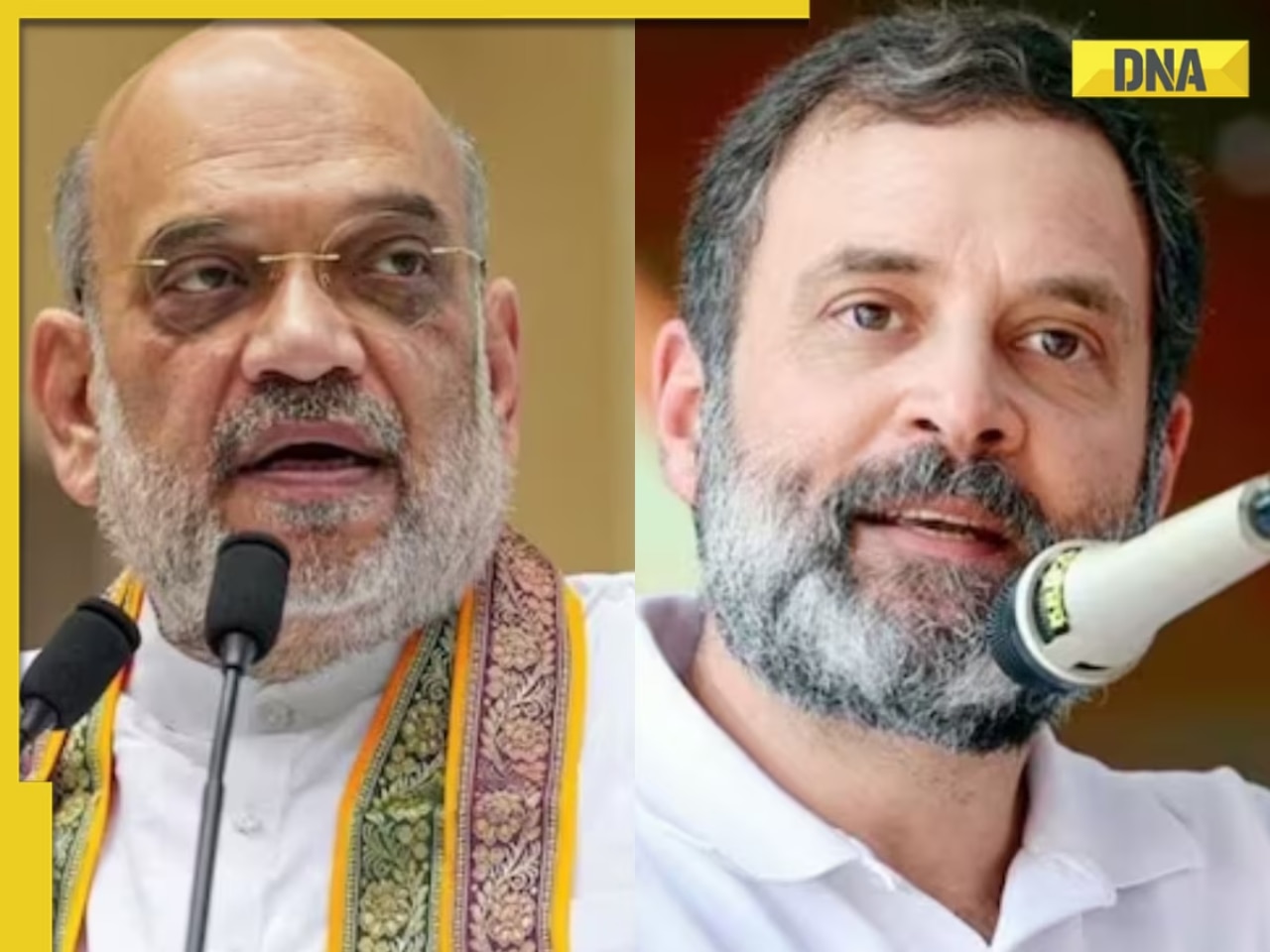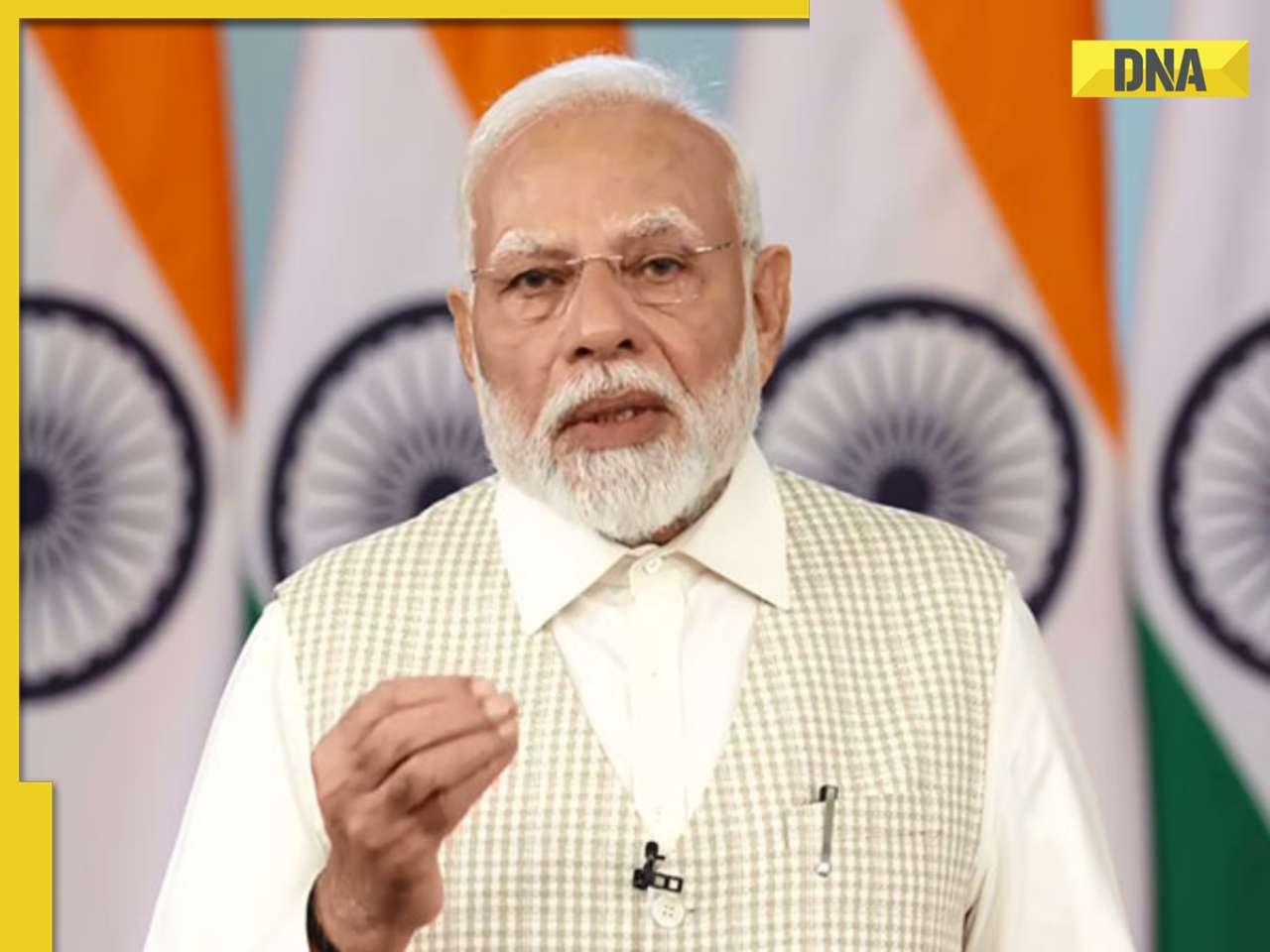- LATEST
- WEBSTORY
- TRENDING
ANALYSIS
Worse after the Warsaw meet
Climate change summits, reduced to a storm in a teacup, seldom address the real issues.
TRENDING NOW
If world leaders who are meeting at the UN climate change talks in Warsaw need to be prodded to take action, the massive Super Typhoon Haiyan in the Philippines just prior to it should have provoked it. As the delegate told the conference, what his country was going through with this unprecedented tropical storm was nothing less than an extreme climate event; it amounted to “madness” on the part of countries to do nothing to tackle such catastrophic crises.
The direct connection between this typhoon (derived from the Persian tufan) and global warming cannot easily be proved. However, there is a definite secondary nexus. As temperatures in the specific oceans increase, water heats and air rises, compounding the wrath of such storms. This is exactly what happened with Hurricane Katrina in the US in 2005. It started off over the Bahamas, crossed Florida as a moderate Category 1 hurricane and crossed over into the Gulf of Mexico, where waters were excessively hot, converting it into a Category 5 storm.
One would have thought that Hurricane Katrina would have shaken US climate policymakers for years to come, but nothing of the kind has happened. Indeed, some Republicans still deny the very existence of global warming. At the Copenhagen climate convention in 2009, President Obama stormed uninvited into a midnight conclave of BASIC emerging countries — Brazil, South Africa, India and China — and railroaded the leaders there into signing a meaningless “accord”, as distinct from a treaty.
The road from Copenhagen has been winding downward steeply. In succeeding years at Cancun, Durban and Doha, each of the cornerstone policies governing emissions of greenhouse gases has been diluted. The very principle of “common but differentiated responsibilities”, which distinguished between the commitments of industrial countries and developing countries, has been sought to be erased. This was enshrined in the Kyoto Protocol, the first phase of which ended last year. According to the UN, the Protocol “recognises that developed countries are principally responsible for the current high levels of GHG emissions in the atmosphere as a result of more than 150 years of industrial activity, and places a heavier burden on developed nations”. How this essential formulation will be carried forward is the question.
The emphasis in the climate negotiations has largely been on mitigation, or restricting the emission of polluting gases, mainly carbon dioxide. Under the Kyoto Protocol, developed countries were compulsorily required to cut emissions; failure to do so would have to be compensated for monetarily. This is why these provisions have been progressively scuttled.
President George W Bush argued that the US would never come on board a global treaty without China and India following suit. He added, for good measure, that American lifestyles could never be compromised, meaning that consideration of the nation’s economy would always prevail over global climate justice.
Far too little attention has been paid in these talks to adaptation to climate change. Island countries are the most vulnerable in this regard and formed a small but vocal lobby at the negotiations. Countries like India have already been suffering from the excessive spells of heat, combined with erratic monsoons, not to mention extreme events like the super cyclone Phailin on the east coast last month. In South Asia, below the Himalayas where all the major rivers originate, live some half a billion people in the most populous place in the world, who are most vulnerable to prolonged drought.
An Adaptation Fund is in place, and received some revenue from carbon trading. However, due to the ongoing financial crisis, prices of what are known as “Certified Emission Reduction” or certificates per tonne of carbon have dropped from their high of around Euro 15. China and India were the biggest beneficiaries of this scheme.
At Warsaw, India noted that resources for the Green Climate Fund (GCF) had not materialized and thus it could not take further action on mitigation. It emphasized that the GCF should balance adaptation and mitigation, while the financial instruments should be grants and concessional loans. The private sector had a wide range of actors including small and medium enterprises, while in some countries there was no private sector. The Private Sector Facility, India argued, must play a supplemental, not the main role.
As in all global agreements, one should follow the money. At Copenhagen, Secretary of State Hillary Clinton triumphantly announced that “we” were going to provide $100 billion a year to enable developing countries to adapt to climate change. It was assumed that the US was finally putting its money where its mouth was, but it later transpired that Clinton was speaking on behalf of all industrial nations. It further transpired that this goal was to be reached only in 2020, while initial funding of $10 billion a year was to be provided between 2010 and 2012. Nothing of the kind has happened. Worse, it now emerges that such funding includes present aid as well as private investment in developing countries.
While the GCF has been set up, there is little in its coffers so far, just sufficient to cover its administrative costs. There is the glimmer of hope that the whole day being devoted by ministers on November 20 to finance will deliver some funding. Without this, poor countries will not be able to deploy new energy-efficient technologies in industry, building, transport and indeed, the entire economy, without which carbon will continue to rise inexorably.
Underlying the Warsaw palavers, there is a stark reality: unless global average temperatures peak in 2020 and then reduce by 3 per cent per year, the world will cross the “tipping point”, beyond which there will be irretrievable consequences. Each time climate leaders meet, they put off inconvenient decisions, now being postponed for Paris in 2015. Not that India can take the moral high ground: its National Action Plan on Climate Change has been honoured more in the breach than observance. Acting locally will also help us talk globally.
The author is chairperson, Forum of Environmental Journalists of India (FEJI)







)
)
)
)
)
)
)
)
)
)
)
)
)
)
)
)







